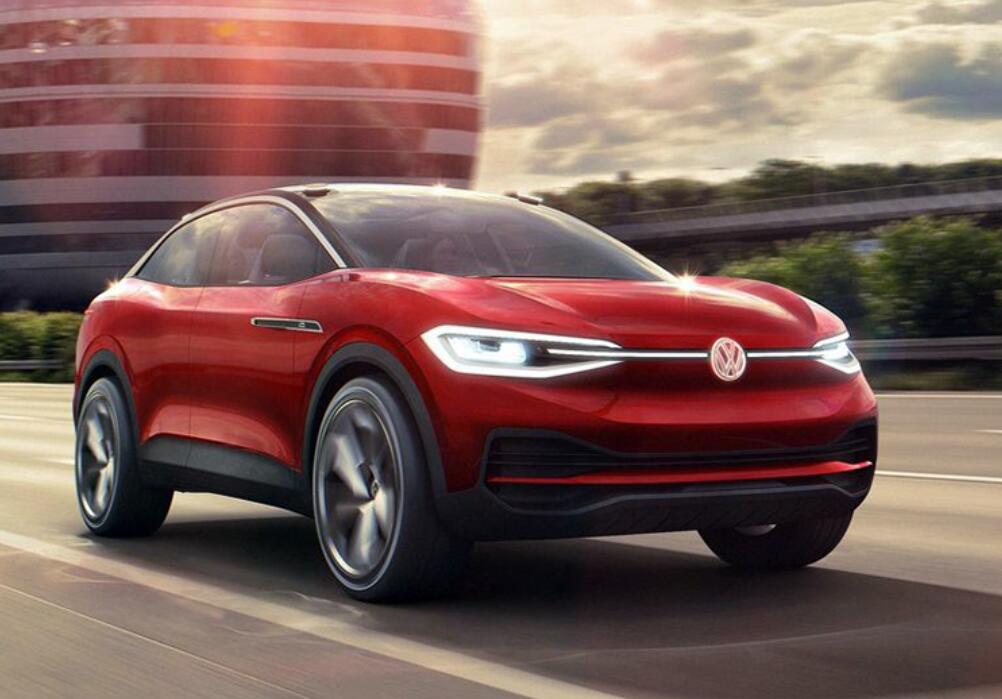Affected by the international environment, Saudi Arabia launched an oil price war, which drastically lowered crude oil prices, making international oil prices continue to fall.
Therefore, many analysts in the market believe that if the price of oil continues to fall, the development of electric vehicles will have an adverse effect.
After consumers choose a fuel car, the cost of use further decreases. Compared with the high battery cost of an electric car, the cost performance of the fuel car is further highlighted. This move may cause automakers to slow down the pace of developing electric vehicles.
However, Volkswagen has shown firm determination to develop electric vehicles. Volkswagen's chief strategist recently said that even if the price of oil continues to plummet for a year, it will not shake the company's strategic determination to shift to the pure electric vehicle market.
Volkswagen strategy director Michael Jost said that the drop in oil prices could continue for a month, months, or even a year, but in the long run, oil will not become cheaper, and the company promised to Achieving carbon dioxide neutrality by 2050, a pure electric vehicle strategy is an irreplaceable option.
Volkswagen launched a radical electrification development strategy this year. According to its plan, Volkswagen will invest 60 billion euros in hybrid, electric mobility and digitalization between 2020 and 2024.
Among them, the investment in the pure electric field is as high as 33 billion euros, and the investment in the hybrid and digital fields is 27 billion euros.
In fact, European emission policies are also forcing Volkswagen to accelerate its transition to electrification. According to EU regulations, from January 1, 2020, the carbon dioxide emissions per kilometer of new cars should not exceed 95 grams, and the average CO2 emissions of all newly registered cars from 2021 need to be less than 95g/km.
At present, almost no car manufacturers in Europe meet this emission standard. According to estimates by PA Consulting, this year, new energy vehicles will account for about 10% of Volkswagen's overall sales in Europe, and its carbon emissions will also drop from 121.1g/km to 109.3g/km, but still less than 96.6g/km target.
For this, Volkswagen will have to pay a fine of 4.5 billion euros, which is also the highest fine among EU car companies.



